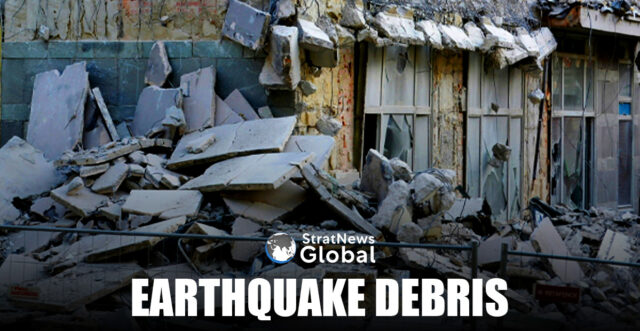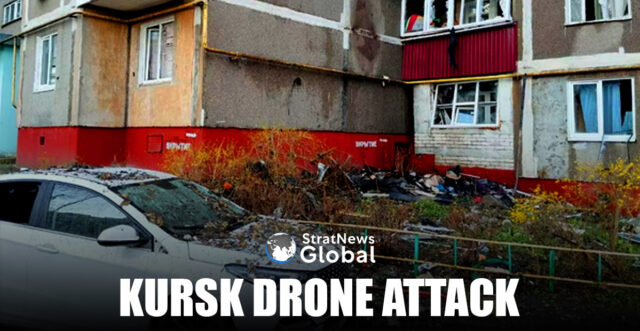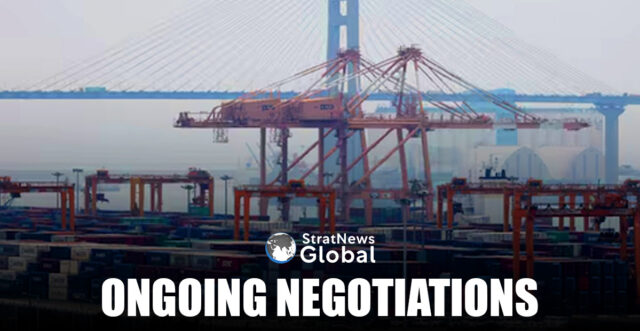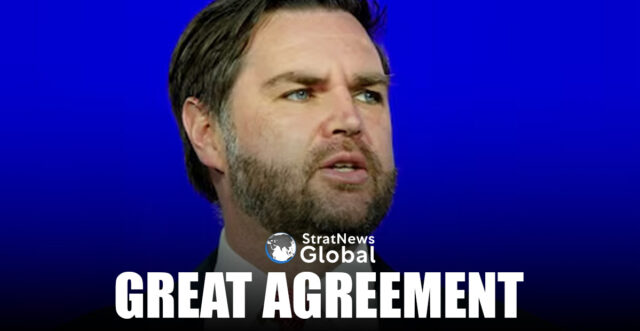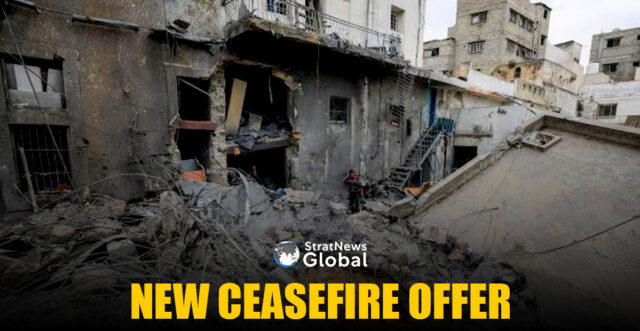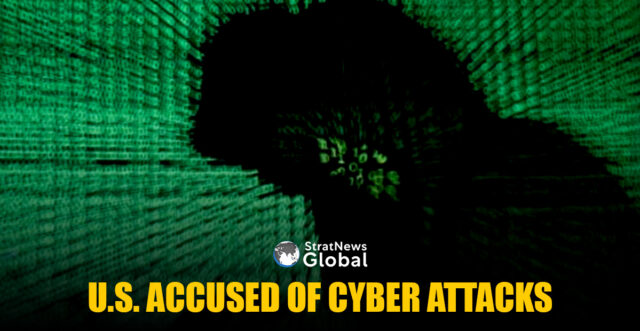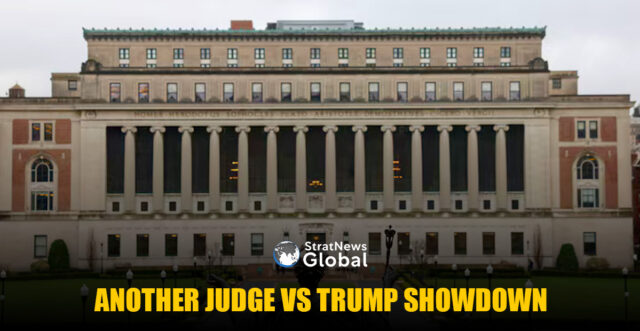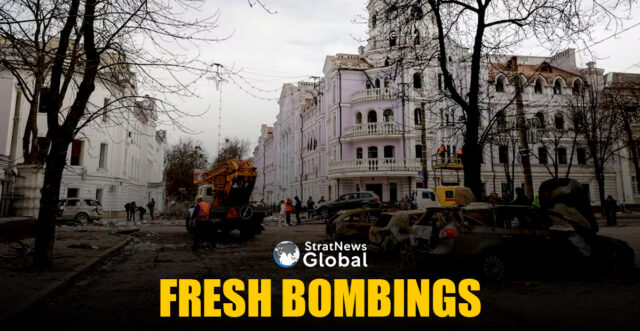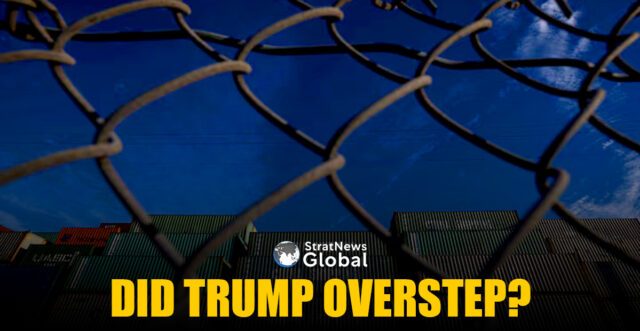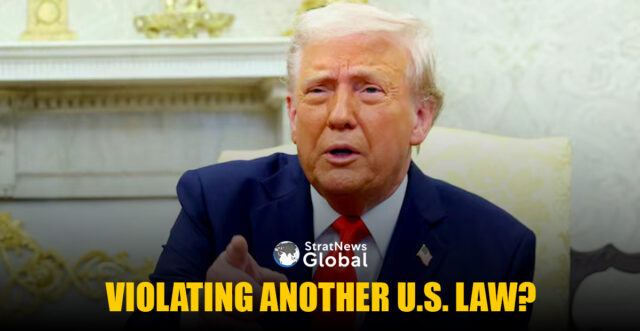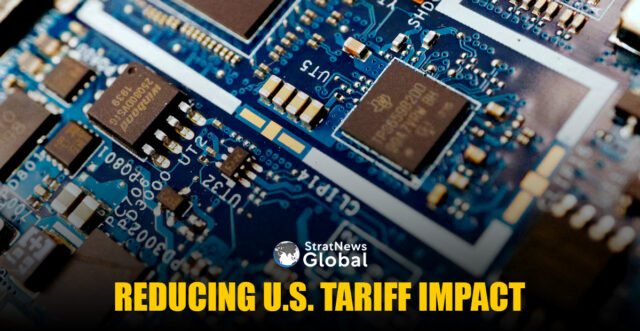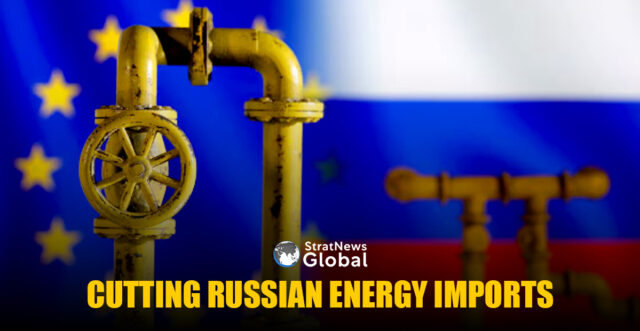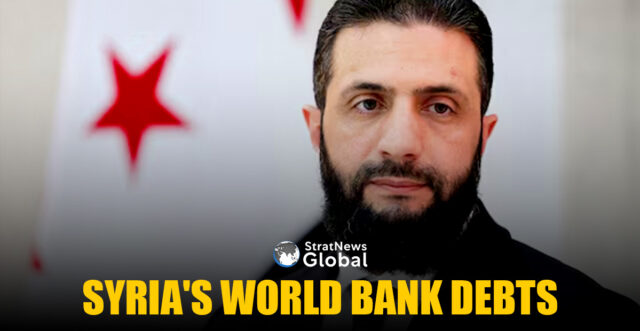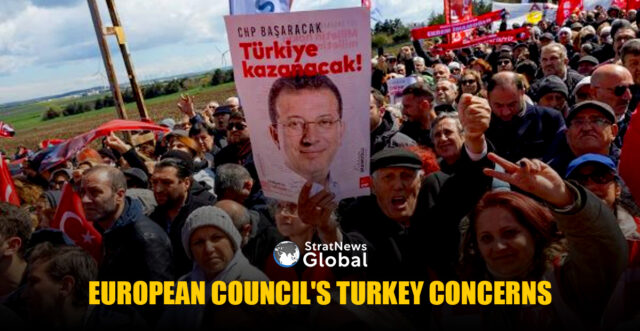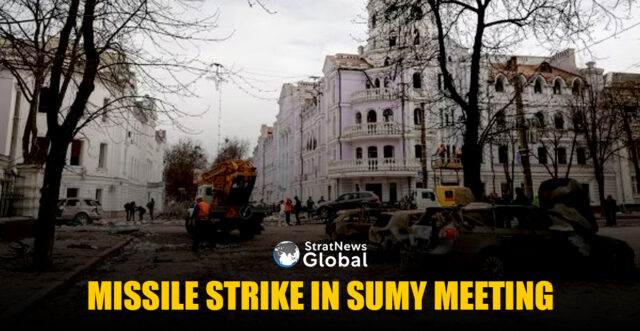2.5 Million Tonnes Of Debris Need To Be Removed In Quake-Hit Myanmar: UNDP
At least two and a half million tonnes of debris, roughly 125,000 truckloads, must be removed in Myanmar following the strong earthquake that rocked the nation last month, the United Nations Development Programme (UNDP) said on Tuesday.
The new data from the UNDP, generated through remote sensing analysis, highlights the extensive destruction caused by the recent magnitude 7.7 earthquake and underscores the urgent need for large-scale debris removal and repairs and reconstruction of critical infrastructure and homes as part of the ongoing recovery efforts.
Additionally, more than 10,000 homes and public service buildings may have been significantly damaged or destroyed, while 128 health facilities were exposed to severe or violent tremors, with a high likelihood of significant damage or destruction as a result.
With fewer health facilities to serve the impacted population, concerns are mounting regarding the capacity to provide critical medical care in the aftermath.
Approximately 1.6 million buildings are located in areas exposed to earthquake intensity level 7 or higher, according to the analysis. Level 7 shaking is classified as very strong, with a moderate risk of damage, which increases significantly at higher intensity levels. Many of the exposed buildings were not designed to withstand such powerful seismic activity.
UNDP Analysis
The UNDP analysis integrated advanced satellite-derived building damage classifications (destroyed, damaged, and possibly damaged) from UNOSAT and Copernicus with Microsoft’s building footprint data and building height and floor count data from the Global Human Settlement layer.
“The remote sensing paints a very concerning picture. It’s critical that we rapidly verify on the ground this view from on high. We need to get patients and the displaced back under solid roofs and start to repair critical infrastructure,” Titon Mitra, UNDP Resident Representative in Myanmar, said from Sagaing, speaking during a mission to the earthquake epicenter.
“Patients are now housed in carparks, exposed to 40-degree heat and heavy rains. Over 60,000 people are in temporary displacement sites, too fearful to return to their homes. Transport connectivity is impaired and water supply is not functioning.”
Removal And Recycling
The remote sensing data enables UNDP to identify priority areas to support large-scale debris removal and recycling, deploying national engineers to undertake rapid structural assessments of public service buildings, critical infrastructure, and affected homes. The assessments will inform rehabilitation and reconstruction plans.
“It’s a powerful visual tool that combines satellite imagery with local data to provide a clear, real-time picture of the disaster’s impact,” said Devanand Ramiah, Director of the UNDP Crisis Readiness, Response, and Recovery, Crisis Bureau.
“By integrating population estimates, building data, and damage analysis, responders can quickly identify the most affected areas and prioritize their efforts. This enhances decision-making, accelerates our response, and ensures that resources are directed where they’re needed most—saving both time and lives in the critical early stages of recovery.”
Internatioanl Response
UNDP said it is calling for an urgently scaled-up international response to support comprehensive recovery and reconstruction.
Recognising the complexities of operating in a country in the midst of compounding crises, it is critical that these efforts extend to both urban and rural affected areas.
Urban centres such as Mandalay and Sagaing, which serve as vital commercial hubs, require swift interventions to facilitate resuming market activity.
Rural areas, where agricultural production and access to markets have been disrupted, require urgent infrastructure repair and rehabilitation to optimise harvest and get produce to market quickly.
“We now have the data, we now must use it to move quickly from relief to recovery,” UNDP said, adding that the agency is committed to working with national and international partners to ensure a coordinated and effective response to the earthquake, with debris removal being a critical first step towards long-term recovery and building resilience in Myanmar.
(With inputs from IBNS)


